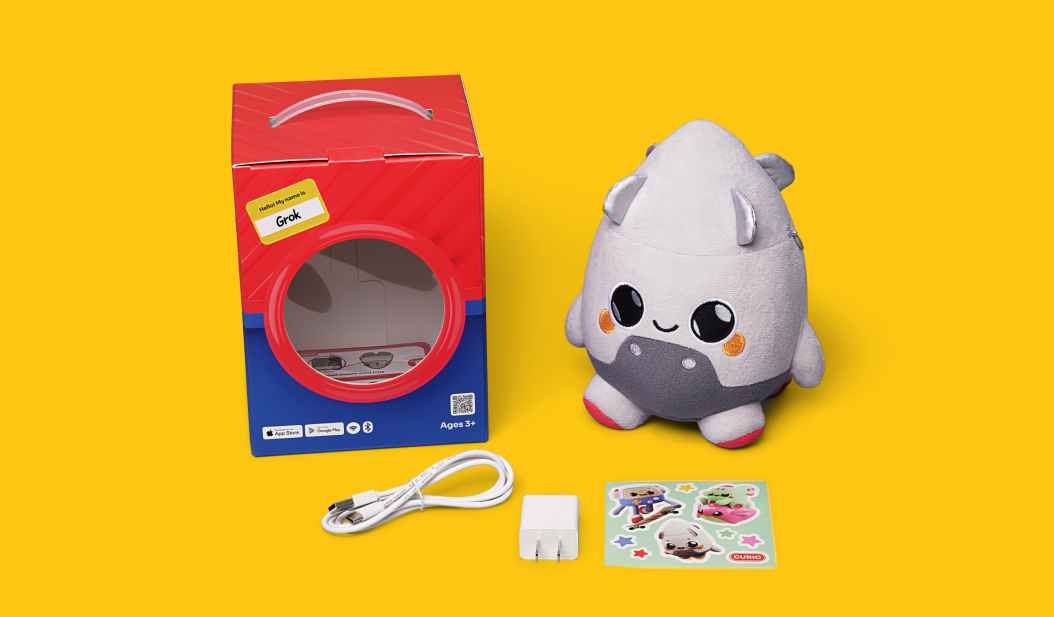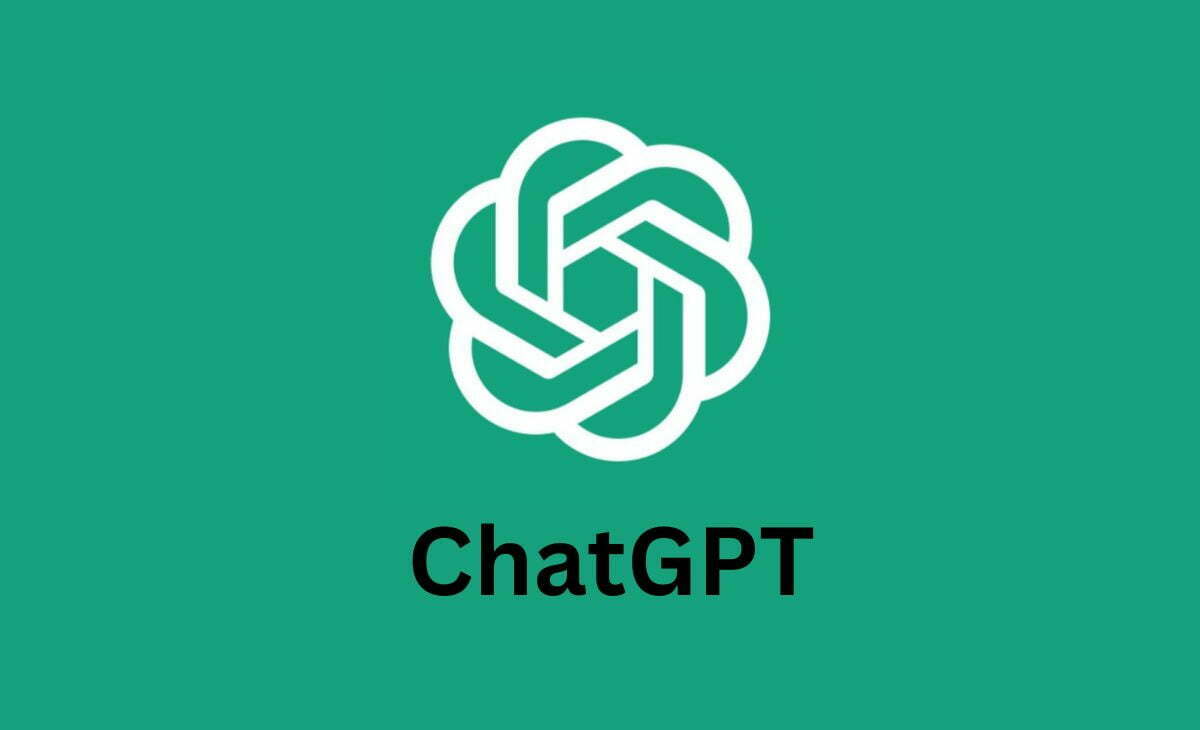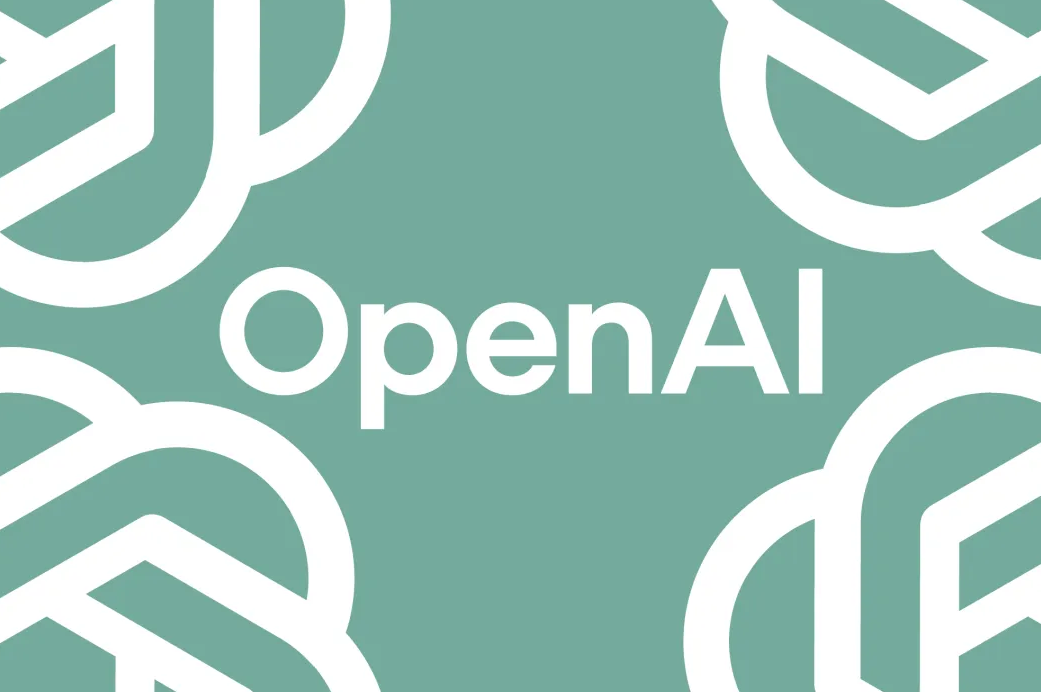
AI-Powered Plush Toys Offer Interactive Play but Raise Development and Privacy Concerns
AI-assisted stuffed animals like Curio's Grem and Grok are coming to market and providing interactive alternatives to both traditional play and screen-based entertainments for children. These stuffed animals combine artificial intelligence and chatbots that allow children to have chats, play games and interact with a plush animal in a similar way to having conversations with a friend. The creators of these toys argue that they can fulfil educational purposes, stimulate creativity, and make playtime more engaging.
There are valid concerns raised by researchers, mental health professionals and parents related to the influence of these kinds of toys on child development. For example, while we are trying to reduce screen time with AI toys, we risk replacing valuable human interactions which influence important cognitive, social, and emotional development. These toys collect data through their AI capabilities, which can raise various privacy and security issues, particularly when children are users. When using toys that collect data, parents might worry about where the data is stored, or used, and, or shared with third parties.
Critics, however, argue that it is important to balance consideration of "AI toys" and technology-driven play with active, unstructured play that supports imagination, creativity, enhances social skill development, and allows for discovery learning through hands-on experience. Industry observers are also concerned that these toys could create a pattern for children to gravitate toward machines over people and create a shift in children's curiosity about things that are "driven by AI" instead of human contact and interaction. As Ai becomes more prevalent, companies, parents, and regulators need to be vigilant and mindful about issues surrounding safety, privacy, and growth and development ramifications.








